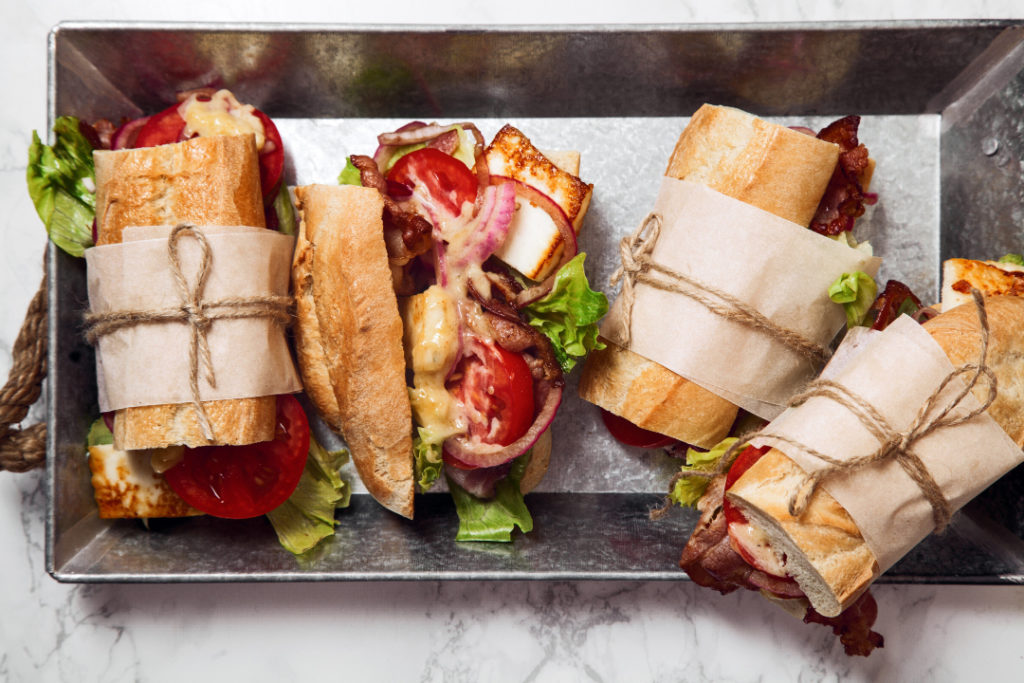I have this thing I do when a friend or distant family member loses a loved one: I send a sandwich tray to the house. I do this because when you’re running around trying to coordinate wakes and funerals and trying to find places for out-of-town relatives to stay, you often lose your capacity to make basic decisions like “what do I want for dinner,” or grief may have you so bogged down that you forget to eat.

When you’re overwhelmed with grief, decisions – even seemingly mindless ones – are hard. As remote caregivers or people caring for other caregivers, sometimes the best thing we can do when trying to help – whether it’s because of a loss, or just everyday overwhelm – is offer specific small choices. Sending a sandwich tray takes away one decision, and the feedback I’ve gotten has always been positive.
It’s easy to ask, “What can I do?” or “How can I help?” The people we’re asking will always be grateful that we asked. But sometimes their emotional state will prevent them from being able to answer questions that broad.
Instead, we should be more specific. “Can I take your kids off your hands for a couple of hours so you can rest?” “Shall I do a load or two of laundry for you?” Or even “Will you be home at seven tonight?” If the answer is yes, have a meal delivered, or have groceries delivered. If you’re local, you can drop them off yourself, but it’s important to do so with no expectation of a visit. It’s not that your friend or relative doesn’t love you, it’s that you’re trying to take anything that requires expending energy off their plate.
Here’s another example. When friends of mine adopted two special needs children from Ukraine several years ago, our entire social group got together and created a food chain, where we all donated a gift card for a healthy meal for four people from a delivery service. For the first three weeks our friends and their newly expanded family were home, they never had to think about what to make or take time away from helping their boys adjust to spend time in the kitchen.
An article I saw on Facebook recipe called this idea “grief groceries,” but it doesn’t have to be groceries. It doesn’t even have to be food. It just has to be a simple offering with a yes or no answer. “Can I pick up your kids from school this week?” “Would you like me to walk your dog for you?” “How about I pay the neighbor’s son to mow your lawn this week?”
Executive function is the first thing to falter when we’re grieving, when we’re tired, or when we’re emotionally spent. Offering help in a way that doesn’t require thinking and doesn’t lead to overthinking is often the best thing we can do. Small choices are a big help.
